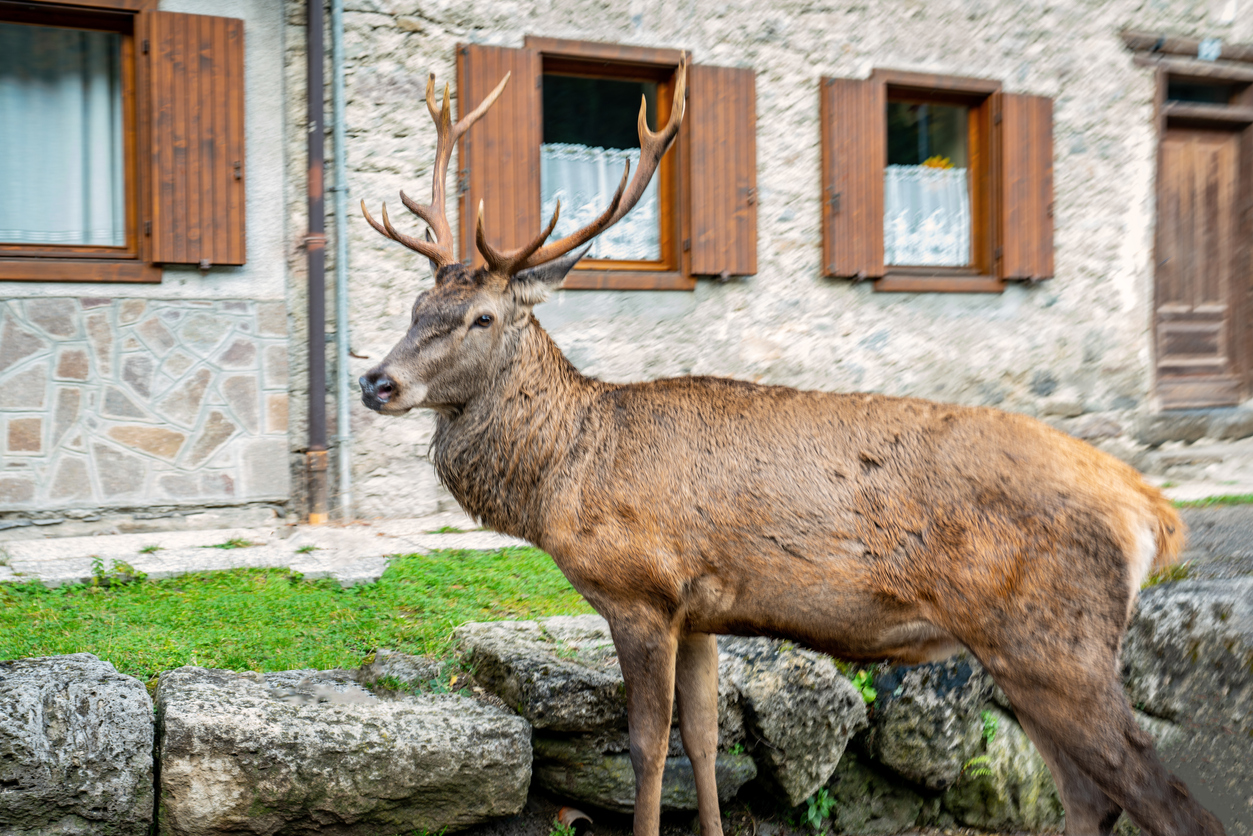There is a lot of talk right now about economic struggles, but sometimes a downturn is the best time to dive in and start something. General Electric, Netflix, and Microsoft are are all companies that were born during a downturn (U.S. Chamber of Commerce).
The pandemic has changed everything in ways no one could have predicted. The ways people interact with each other, how they socialize, where they find dating partners, where and how they dine and shop--all of these shifts open new opportunities for entrepreneurs to take advantage of new trends. Another exciting component to the new business landscape is that you don’t always need an army of employees to start something (Forbes).
Among the list of reasons that now is a great time to start a business includes your potential employees. In the current changing landscape, talented individuals may have experienced layoffs and may be available for hire (Entrepreneur). And if you are looking to hire, you are not limited to local talent if your business is able to operate with remote employees.
Opportunities for resources also abound. At this time, many business resources can be accessed at discounted rates. Vendors, online advertising companies, email marketing companies, and others who provide services to help your business succeed are cheaper than they were in the past (Forbes).
In many places, real estate costs are down. Those looking to find commercial space to rent are often finding landlords willing to include office renovations and flexible leases (Entrepreneur).
Current loan rates also make this a good time to start a business. “If you want to get a small business loan, interest rates have remained low and the fed doesn’t plan to increase them in the next few years” (Forbes).
For innovators with drive and imagination, now is your time to start a business. Whatever your idea, be sure your business has the proper insurance to keep it afloat and minimize risk. Some types of insurance are required by law. Though others are optional, it is essential that you talk with your insurance agent about available policies and risks associated if you consider forgoing various types of coverage.
If you currently own a business, it is important to meet with your insurance agent regularly to update your coverage, especially if your business has changed the way it operates, and thereby avoid paying for any coverage you don’t need. You can also avoid getting caught by surprise if your current policy doesn’t cover any changes in the way you operate or changes in the laws.
At Waitte’s Insurance Agency, we are always ready to talk to you about your business insurance needs. Give us a call at insert current phone number here..
Business Insider
Entrepreneur.com
Forbes
U.S. Chamber of Commerce



